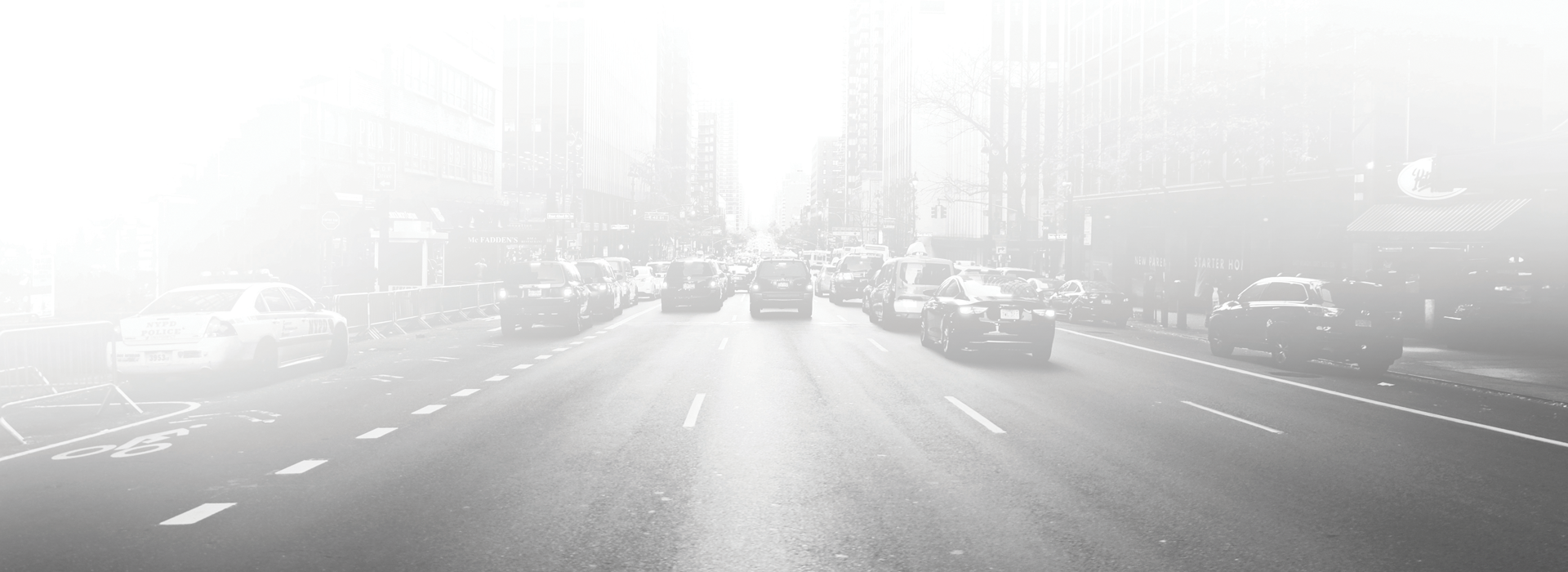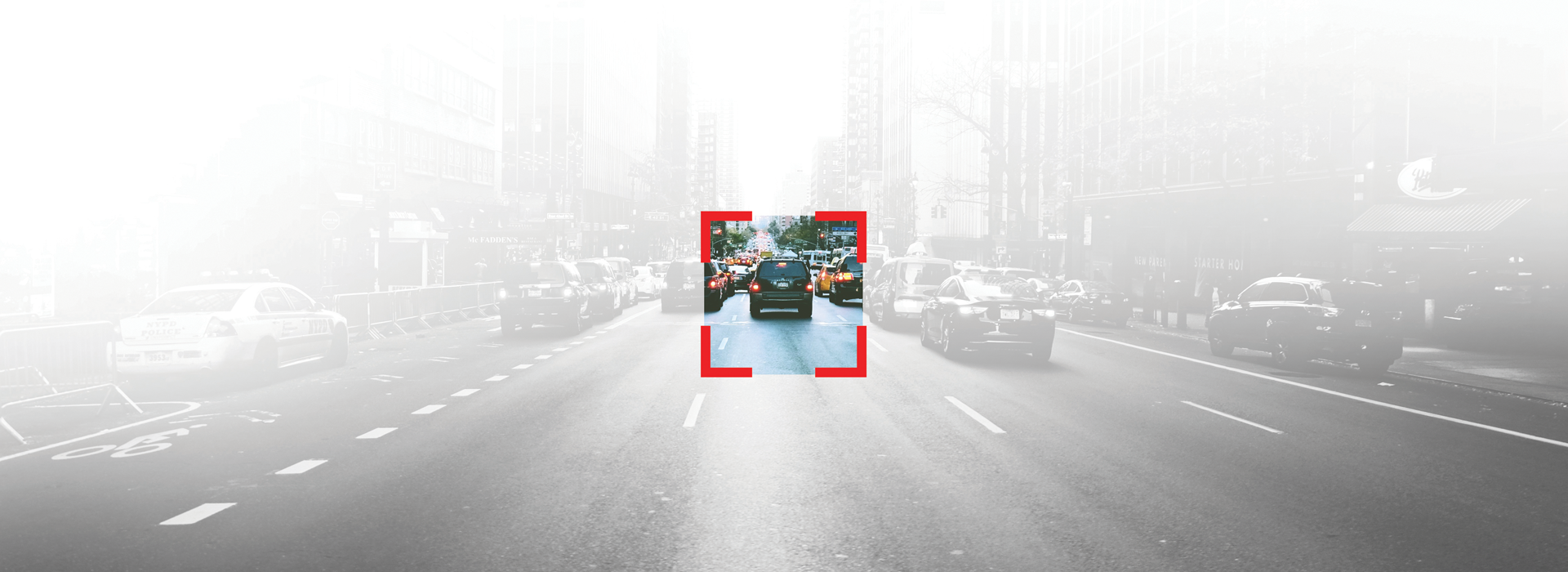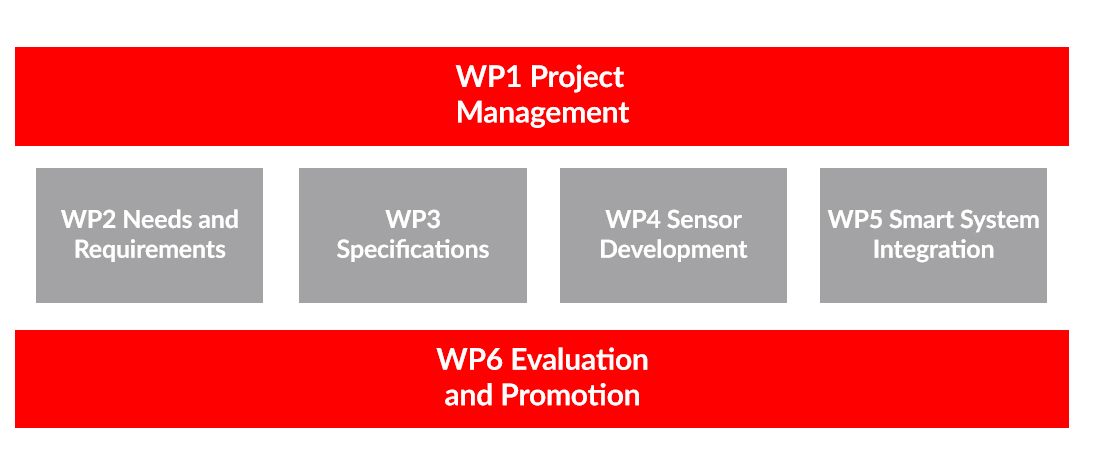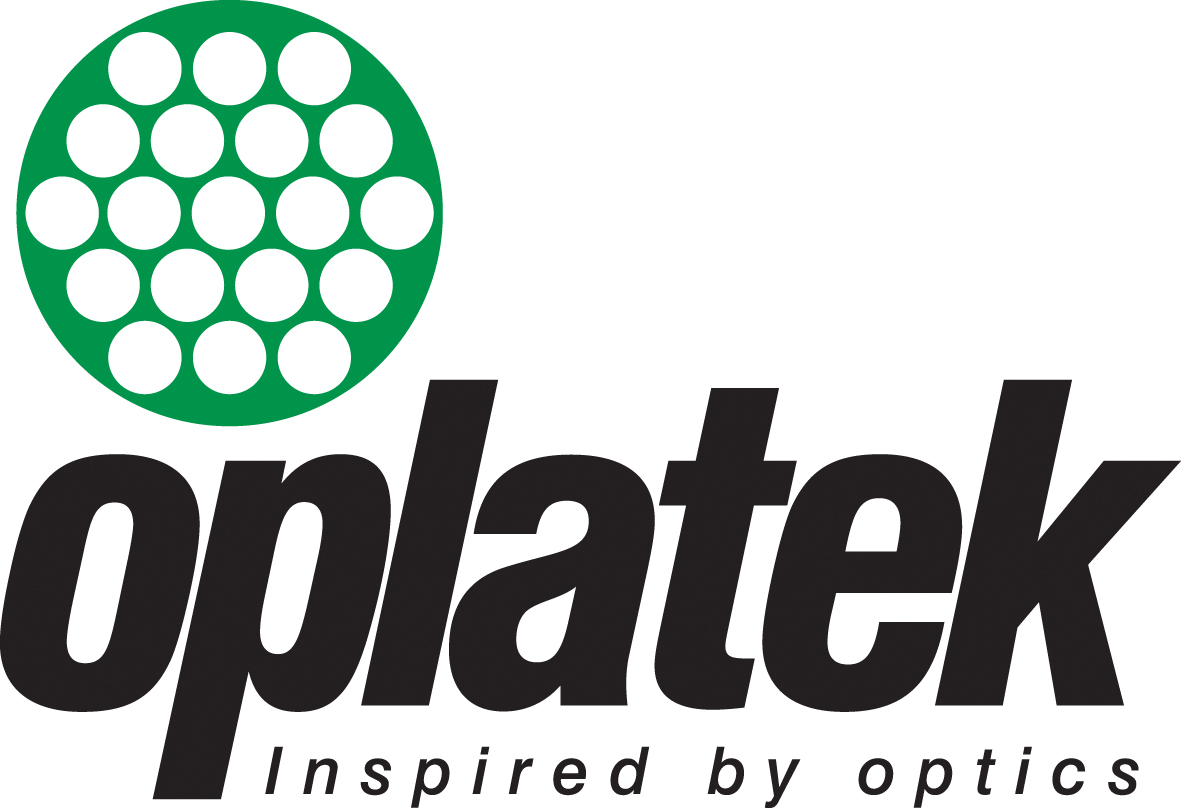




The introduction of versatile driving assistance systems has already resulted in a significant decrease of car accidents and improved the comfort of driving. To further eliminate the human error – which is responsible for the highest percentage of accidents – sensor-based automated cars are a rapidly growing technology.
However, there are still issues self-driving cars simply cannot yet deal with – bad weather conditions. Current driver assistance systems offer comfort and safety in good weather, but in severe weather they often malfunction or even fail. One of the needed key improvements is an extended line of sight for sensors in restricted visibility conditions – beyond the capabilities of human beings. DENSE will advance the current sensor technology – resulting in a 24/7 all-weather sensor suite – and consequently enhancing the safety of automated driving. This means reliable detection of other traffic participants and obstacles in adverse weather.
Self-driving cars eliminate the human error which is responsible for the highest percentage of accidents. The introduction of different driving support systems has already resulted in a significant decrease of car accidents and improved the comfort of driving. Sensor-based cars being able to operate in all weather conditions will enhance mobility and safety thanks to providing a more flexible use of vehicles.
It is widely recognized that automated driving will make the greatest revolution in the history of road transport since the invention of the internal combustion engine. Commercial aviation has already completed this transformation and the benefits realised for greatly enhanced passenger safety and comfort.The revelation in automated driving will go much further than just safety and comfort by enabling innovations in mobility, to support logistics, and to provide additional time in people’s lives.
It is estimated that automated vehicles using cooperative communication technologies merged with environment perception sensing systems can bring about better use of road space, reducing congestion and providing shorter journey times through the use of novel connected vehicle technologies.
The project seeks to reshape human interaction with vehicles and the future of European automotive and transport industries.
DENSE will also strengthen Europe’s leading position of automotive industry, and open new doors for exploiting infrared, laser and radar technologies. Technology developed within the DENSE research program will not be limited to automotive applications and will be useful to other applications areas. In the future automation will provide ample opportunities for new products which will help to grow both the automotive manufacture and supply industry and – at the same time – linked industries like vehicles used forestry, mining, and logistics.
The sensor suite and its hardware and software components will certainly find their way into different sectors, such as safety and security, data communication and consumer products.
In order to speed up the market introduction, DENSE will elaborate solutions how the new sensor suite can be integrated into a vehicle, keeping minimum size and low manufacturing cost constraints while preserving the highest possible resolution.
The DENSE project is organised into six work packages (WPs). Two work packages are mainly concerned with administrative tasks (WP1: Project Management, WP6: Evaluation and Promotion). All other work packages are focusing on technical matters, research and development.














